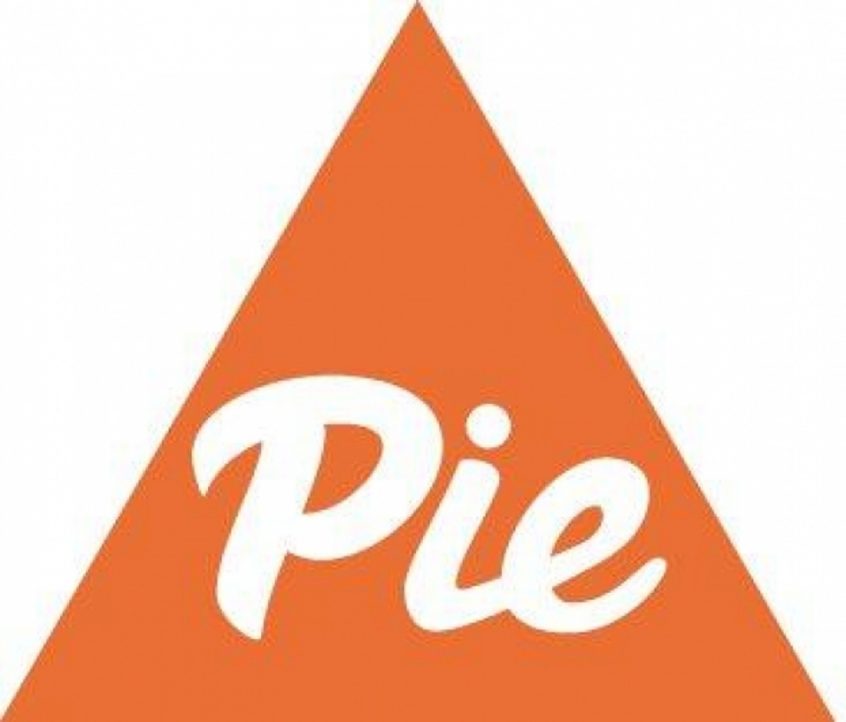I wrote this the week after P.I.E.’s last Demo Day, and WWeek chose not to run it. Fearing I’d be run of out town if I published, I held onto it since October 2014. As it turns out, that was their last demo day and the experiment pivoted into something else shortly thereafter. Two years later, there are still massive issues with Portland startups working together (do they really not even use each other’s products?) which makes me wonder what Silicon Florist and Wieden+Kennedy are doing to “help” a startup scene that doesn’t seem to be doing all that well.
At first blush, Portland Incubator Experiment’s numbers are impressive: four years, 600 new jobs and nearly $120 million in funding.
There’s good reason you hear about that success given the startup-starting project is also backed by one of the world’s top boutique marketing firms, Wieden+Kennedy. But after watching this year’s PIE Demo Day, the fourth, it’s tough to determine who gets credit for PIE’s apparent success. Is it the Portland tech scene? Or is it just W+K?
Those gaudy job and funding figures are a bit misleading. In those 600 jobs and $120 million, PIE counts Urban Airship and Cloudability as PIE-backed successes, even though neither of them were part of the PIE startup-accelerator program, but rather part of PIE’s original incarnation, co-working on W+K’s bottom floor. As the largest, and arguably most successful, PIE alums, they did benefit from its resources, but not in the way the four classes of companies who were accelerated by PIE did.
During this year’s PIE Demo Day as a sold-out Gerding Theater, emcee Renny Gleeson, Global Director of Interactive Strategies at W+K and PIE co-founder, claims to have started PIE to authentically engage with the Portland community, but how well that’s working isn’t clear. While Demo Day highlighted a few hardworking teams creating fun projects, calling them anything but demoes or betas would be a stretch.
For instance, one app makes it far easier to share GIFs via iMessage by pre-selecting a few and making inserting them a one-click process. While the app itself works well and was ranked #1 on the French app store for a time, the path to monetization seems non-existent.
A second app works similarly to Dropbox, Microsoft OneDrive, Google Drive, and iCloud, but eliminates a step and is geared toward remote creative teams. Will people pay for something only slightly better than what’s currently cheap?
But not all startups revealed on Demo Day were of questionable monetization or usefulness. Outdoor Project is aimed at making Oregon and soon the entire west coast an easier place to find and book outdoor activities. WorldStateApp is looking to bring summaries and context of news articles into one place and is geared toward millennials and others that don’t have time to read entire stories. ReadTheDocs, currently an open-source project that keeps code and its documentation together, is planning a paid commercial version soon and anyone in the development industry can easily see the usefulness in requiring code and documentation stay attached.
When compared to last year’s PIE class, which included the helpful but not necessarily big money making Switchboard, a web-based, “community-building” classified advertisement platform that feels like more of a cool feature on a social media site than a standalone business, Teak, a Facebook-monitoring solution that is, again, a feature not something that can function on its own, and the remote monitoring Smart Mocha, one of many that work with a variety of hardware and software allowing people to check on nearly anything from nearly anywhere, the 2014 group seems slightly more geared toward real-world problems instead of productivity optimization, but that doesn’t necessarily mean they’ll be more successful.
During the week of Demo Day 2014, PIE’s “other”, hands-on co-founder, Rick Turoczy, looked every bit the tired and overworked college professor during a grueling finals week. There is no doubt the team of W+K, Turoczy, and Program Manager Kirsten Golden see PIE as ever in beta, so getting them to call any class a total success or failure is impossible, but it’s hard not to see a bit of weariness behind Turoczy’s veneer when he talks about what he’s most excited about for Demo Day.
“It’s always exciting to introduce a whole new crop of startups to the Portland startup scene,” Turoczy said, via email. “Like any graduation, it’s a very poignant moment for PIE startups, PIE alums, and the broader startup community. It’s an honor to play a small role in helping this community embrace these new companies.”
While many would argue that Turoczy, as the public face of PIE, plays a small role in nothing there, his response sounds like he’s getting bored of his stewardship role.
When asked about some of her favorite successes within PIE, Golden mentioned Little Bird’s, a 2012 PIE graduate, rebranding from Plexus Engine. While the new logo did end up on AdWeek, it’s hard to consider that a success of PIE and not W+K, which did most of that branding work.
But the startup world’s idea of success and failure don’t always match up to the business world’s, as the startup industry considers teaching and learning far more important than having a clear monetization plan, at least during these earlier stages. While there’s little argument this is the correct way to do things, it’s hard to see where the Portland community has benefitted from a yearly Demo Day that’s starting to look more and more like Groundhog Day.
This isn’t to say PIE and its Demo Day aren’t successful now, but it seems W+K and its partners are the ones receiving most of the benefits. Perhaps that’s the lesson they’re trying to teach Portland: world-class business requires risk, it requires money, and it requires great ideas. Here’s to hoping Turoczy and Gleeson don’t seem like they’re channeling Punxsutawney Phil again next year.

